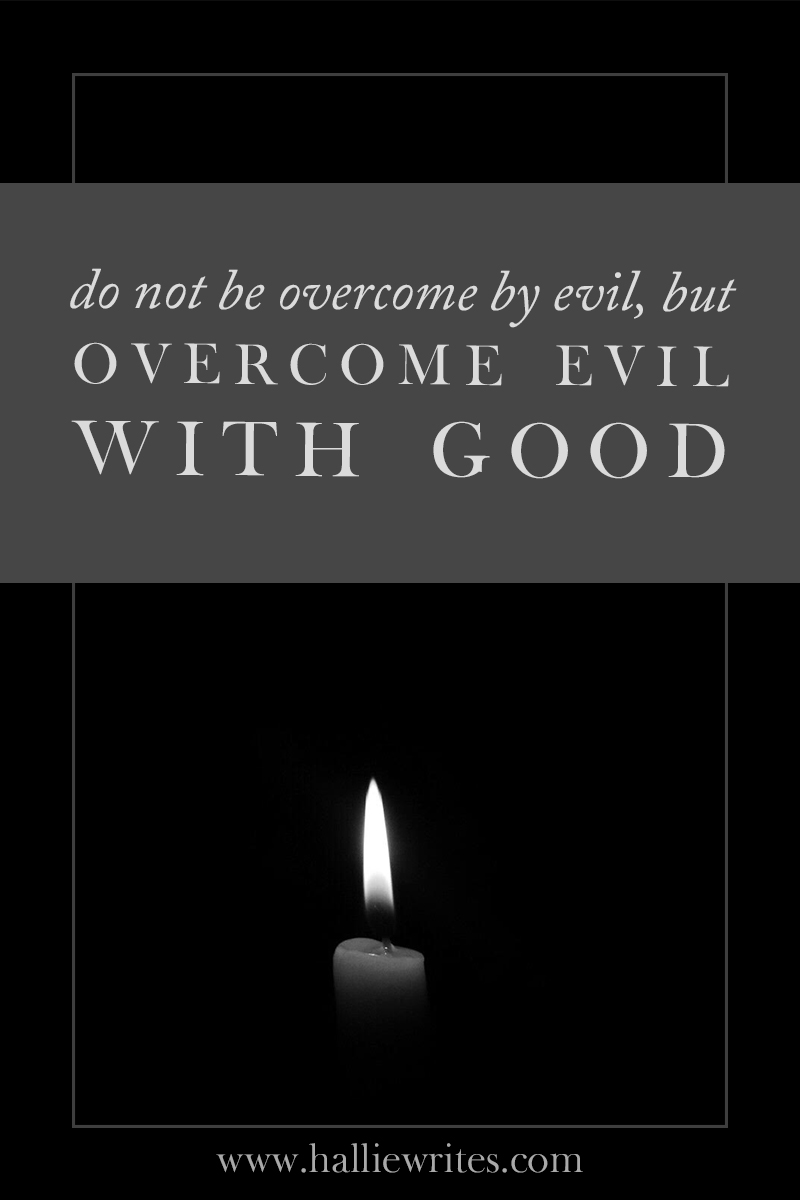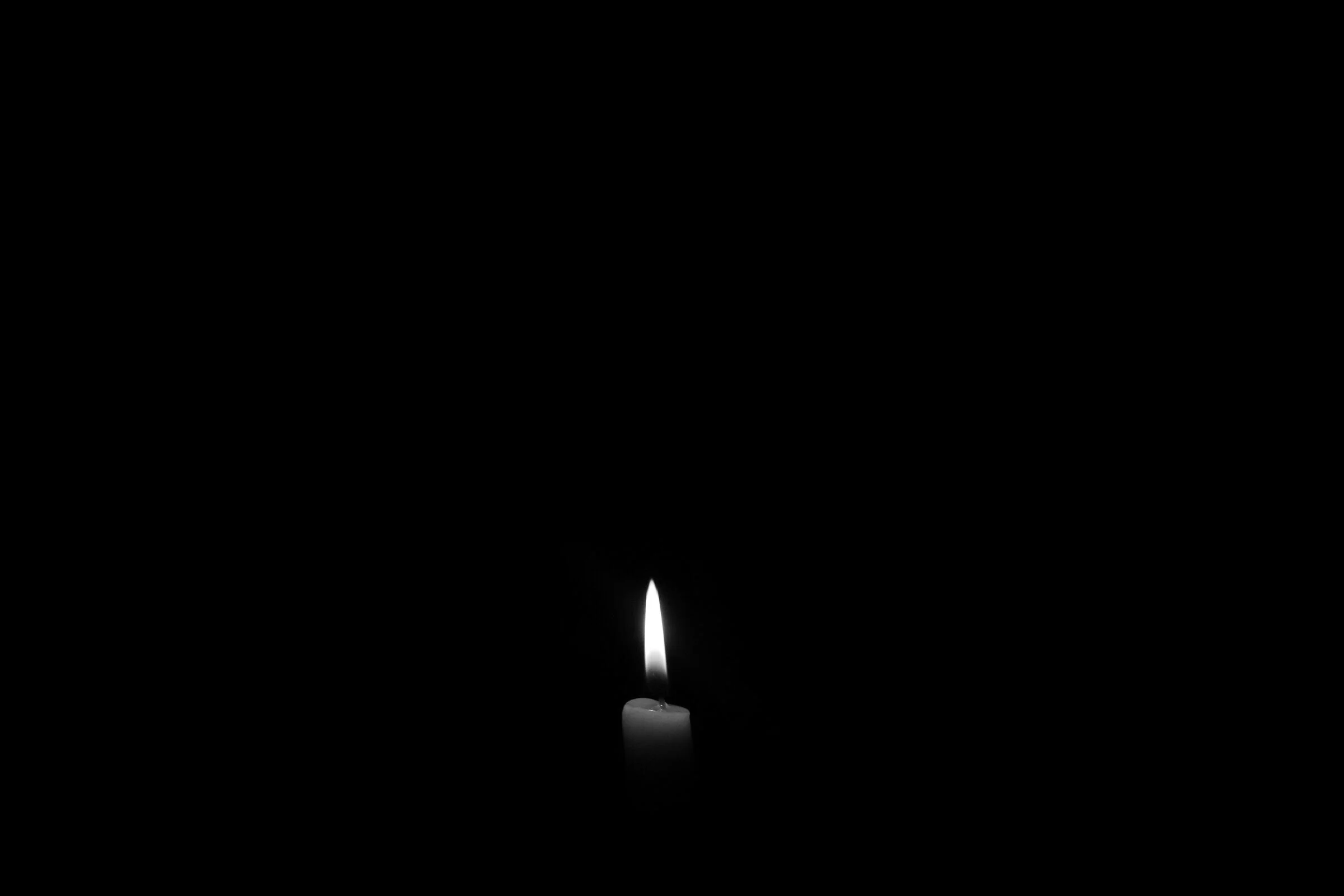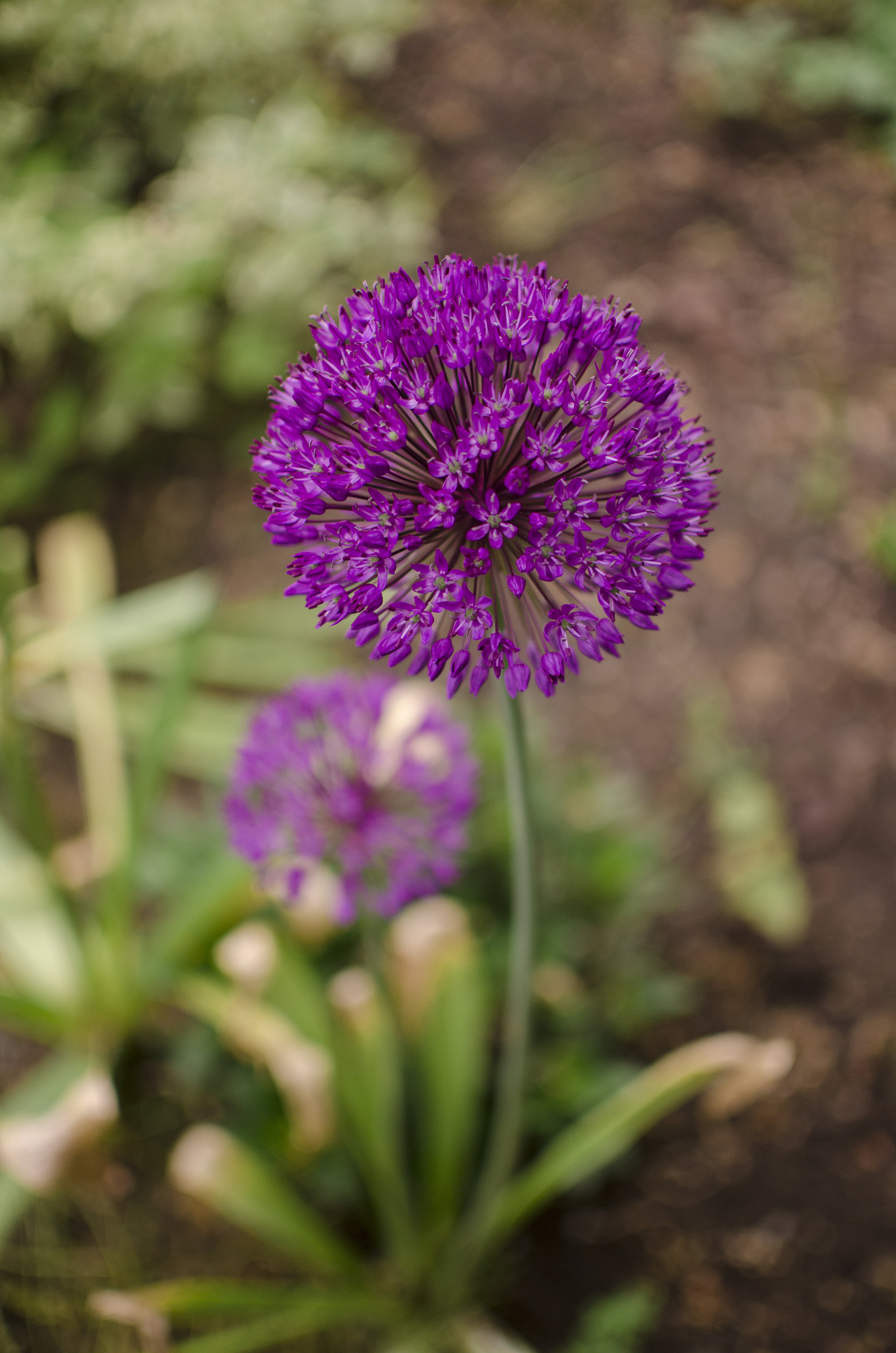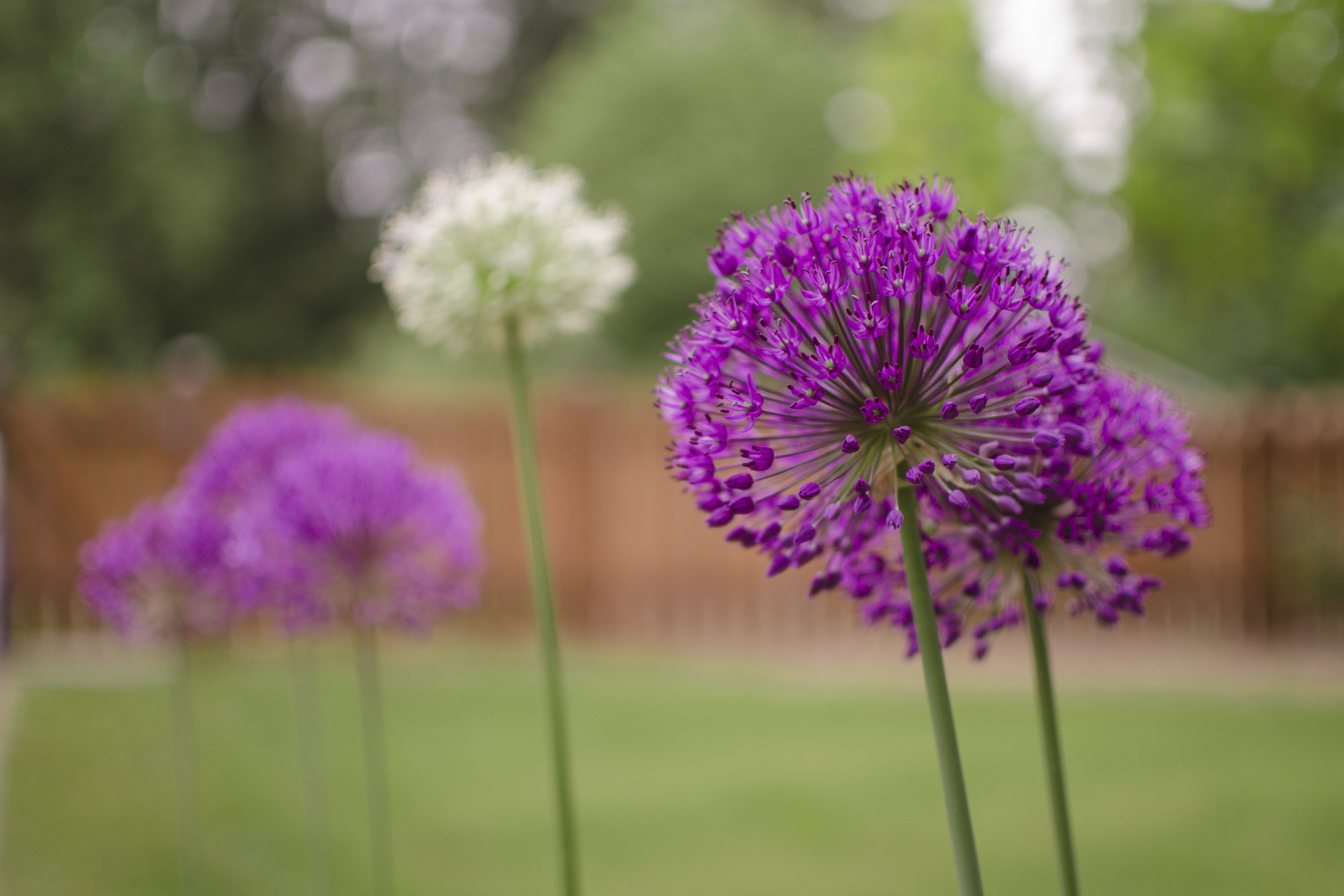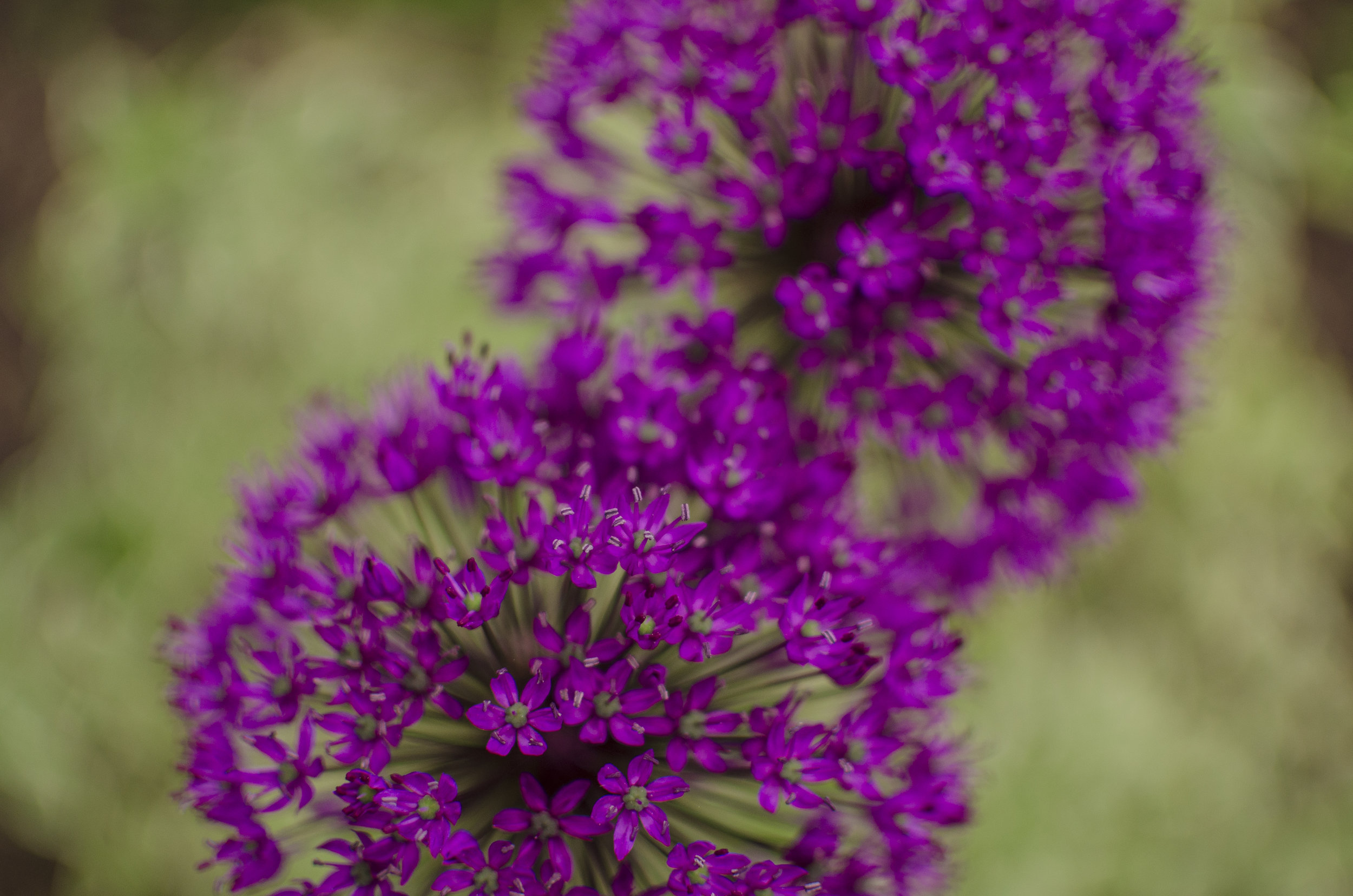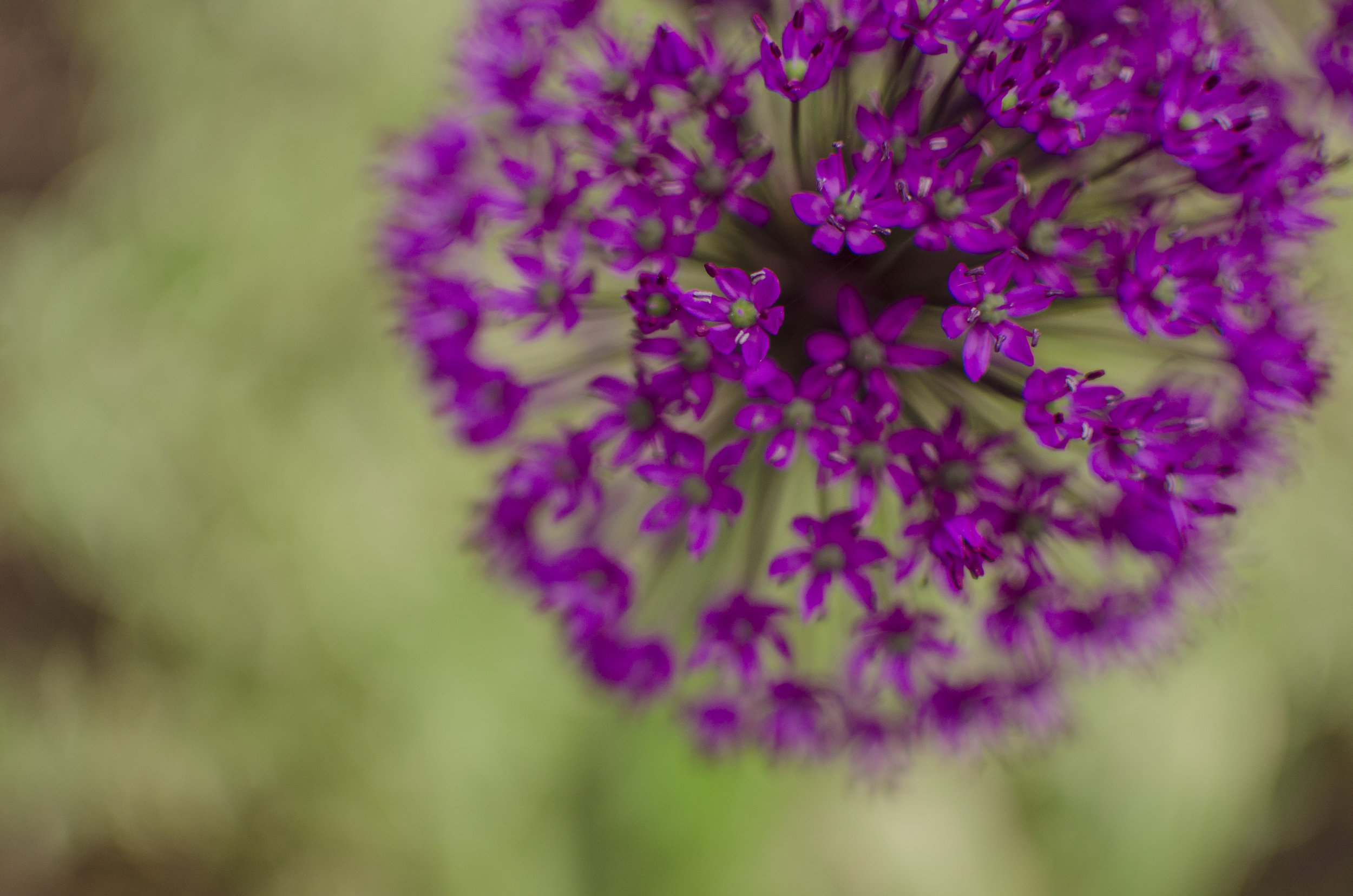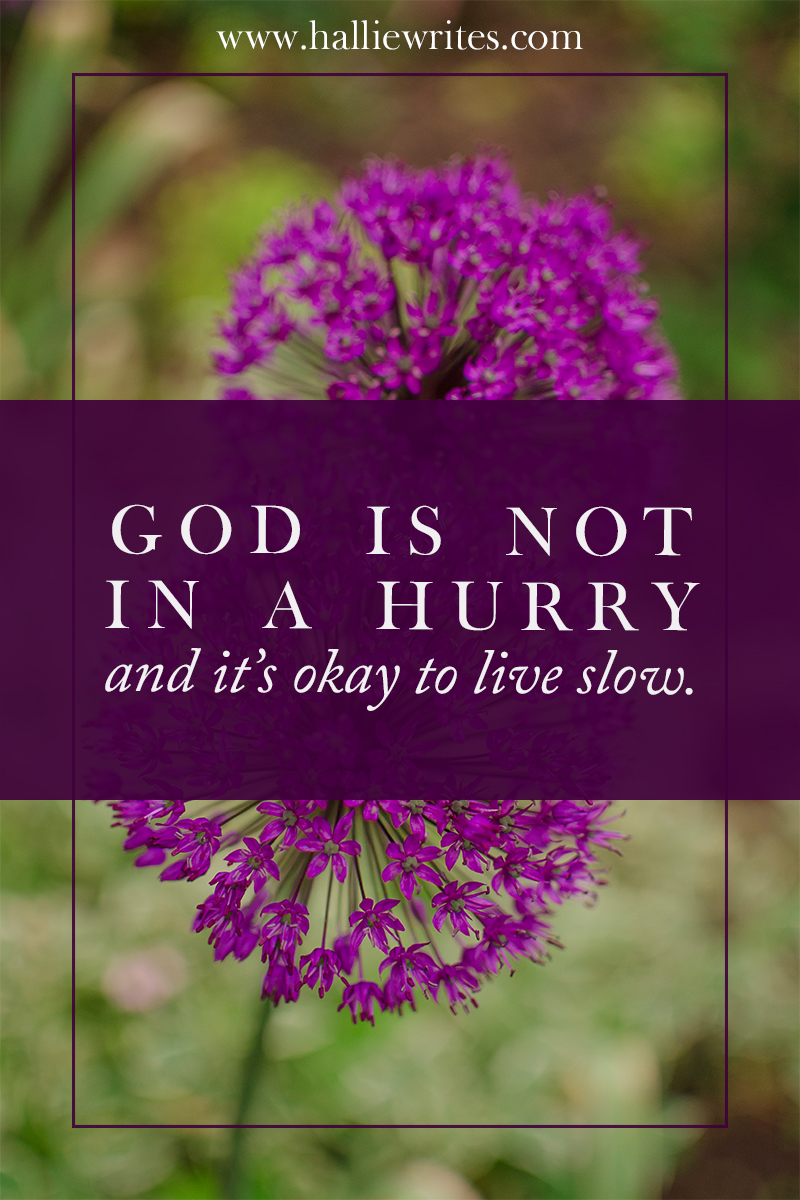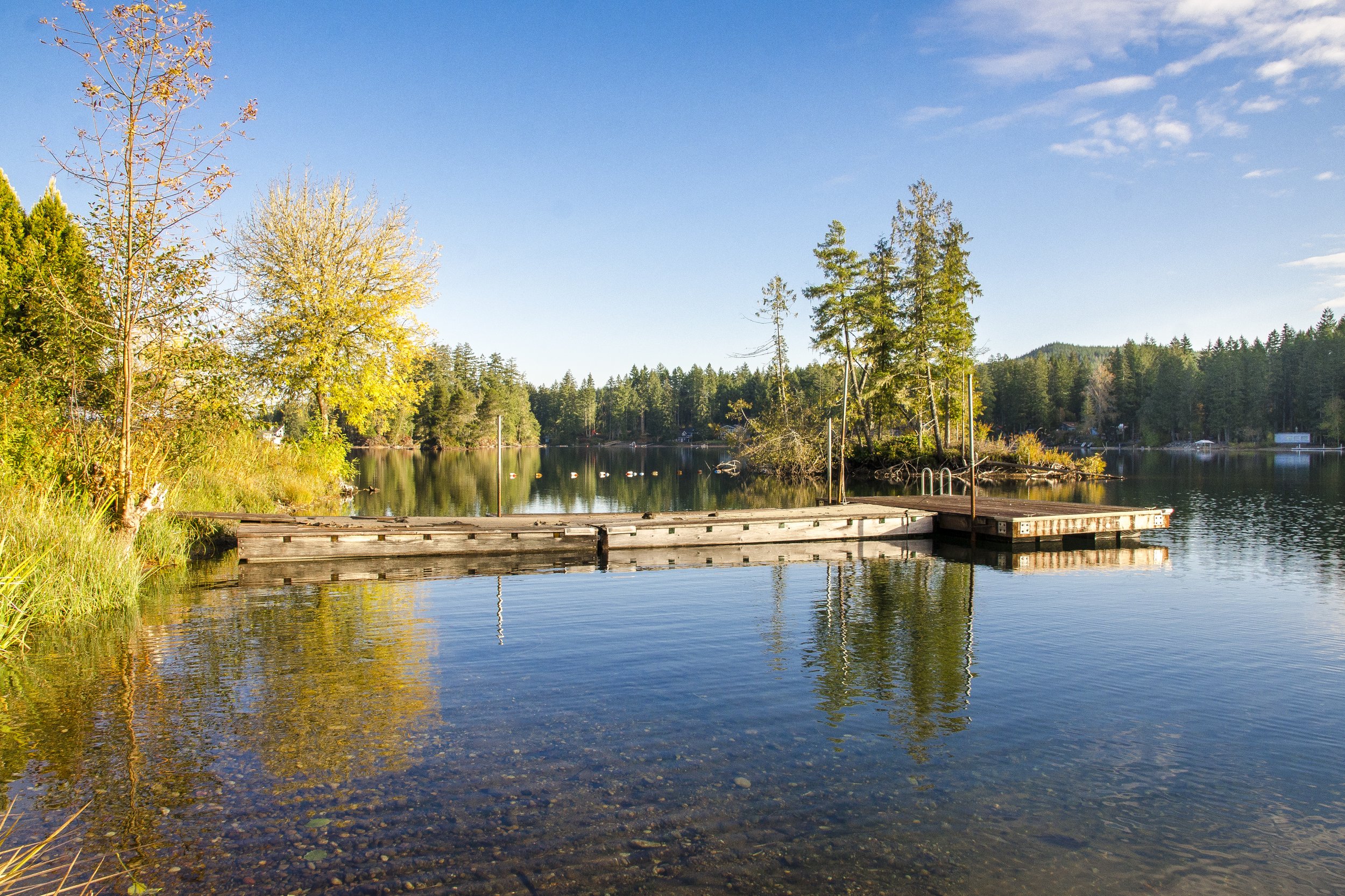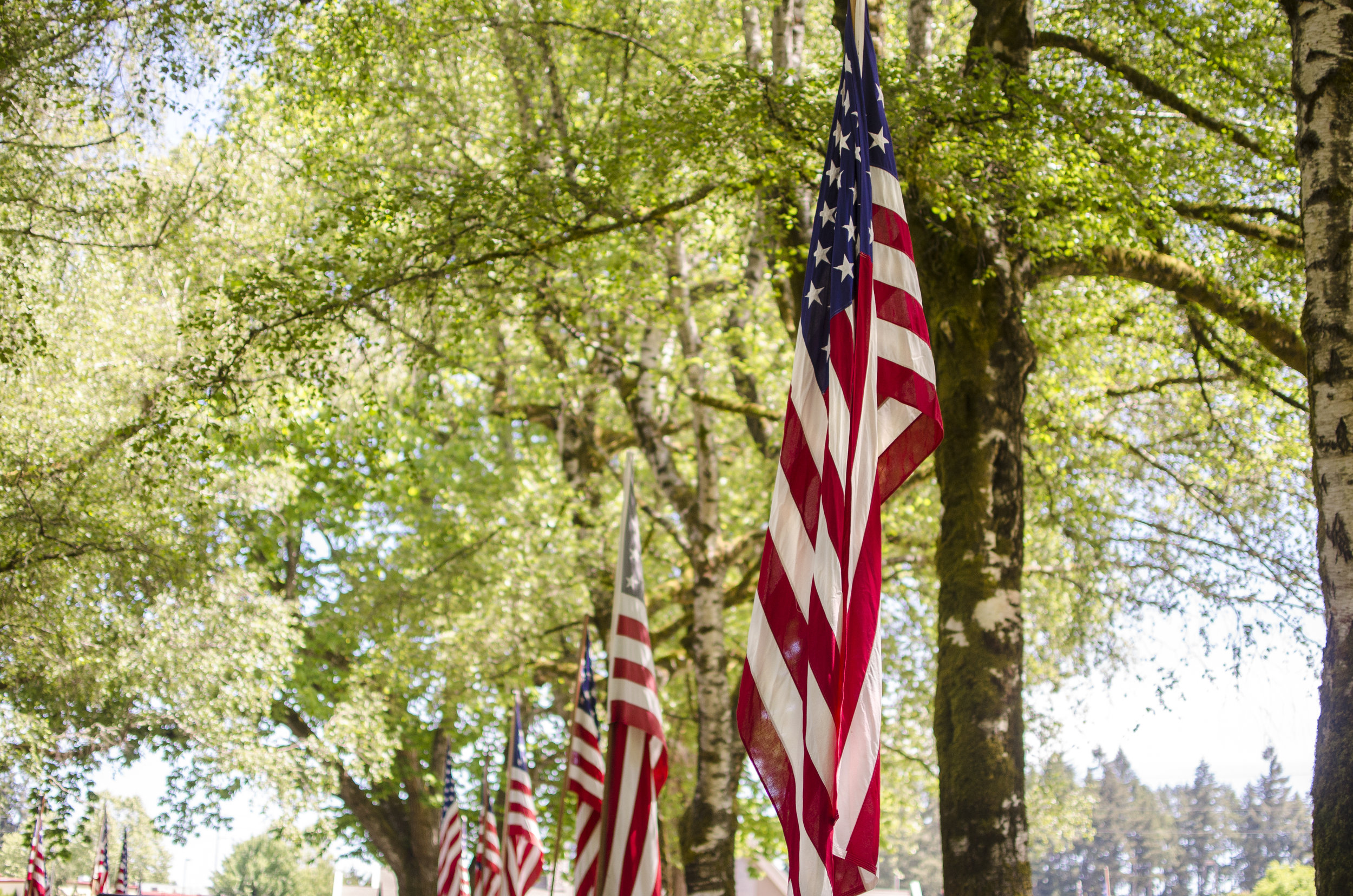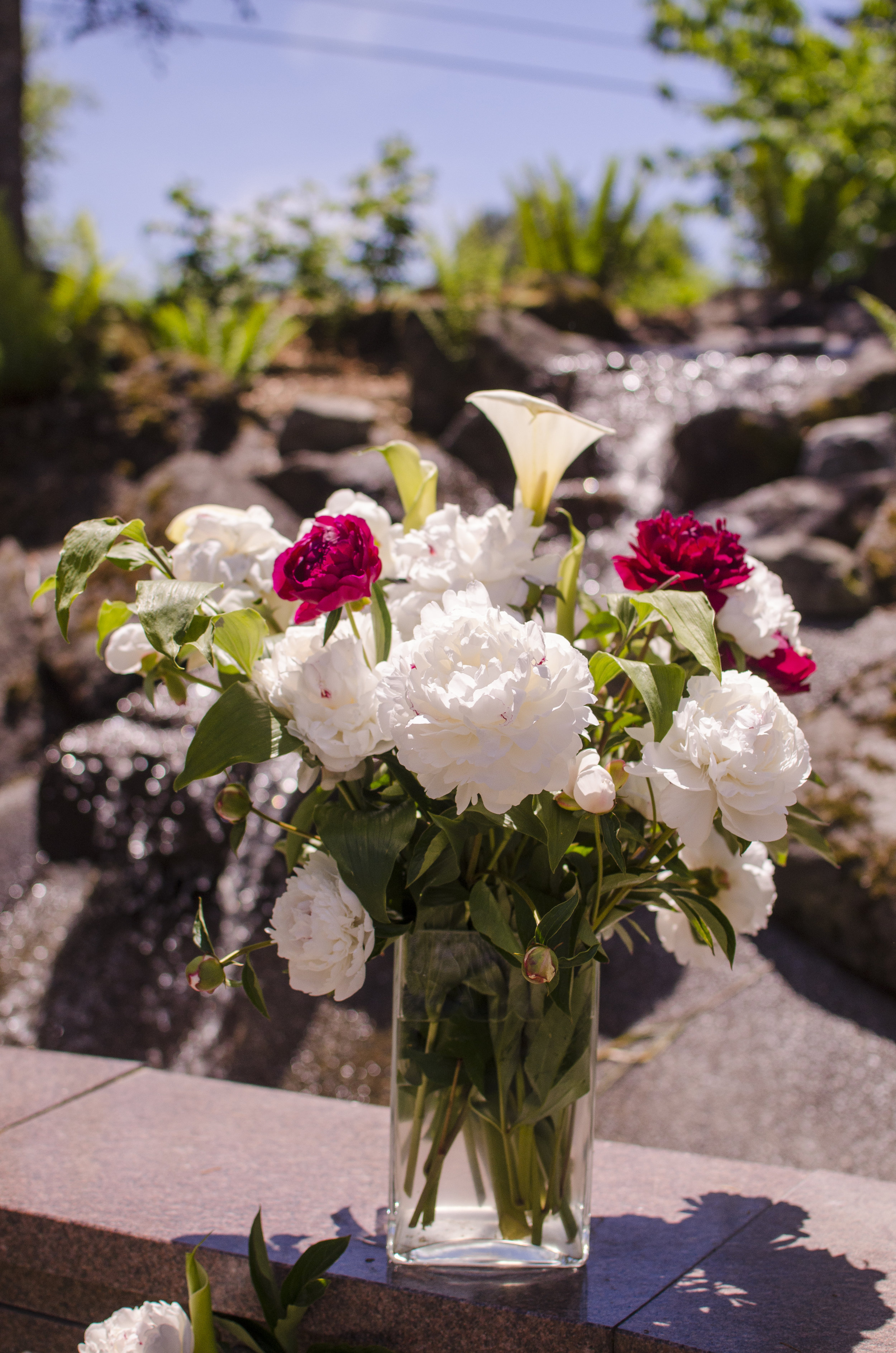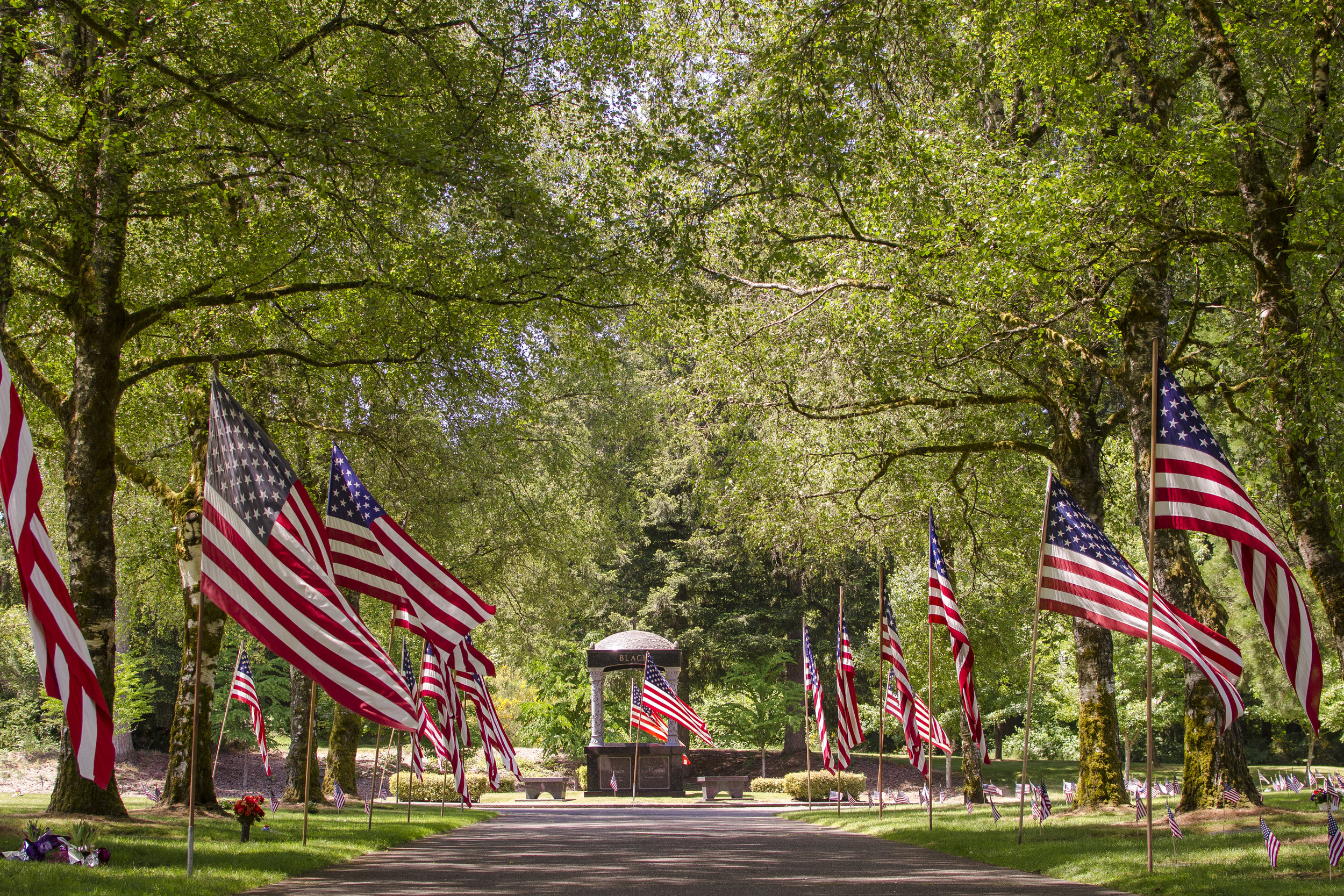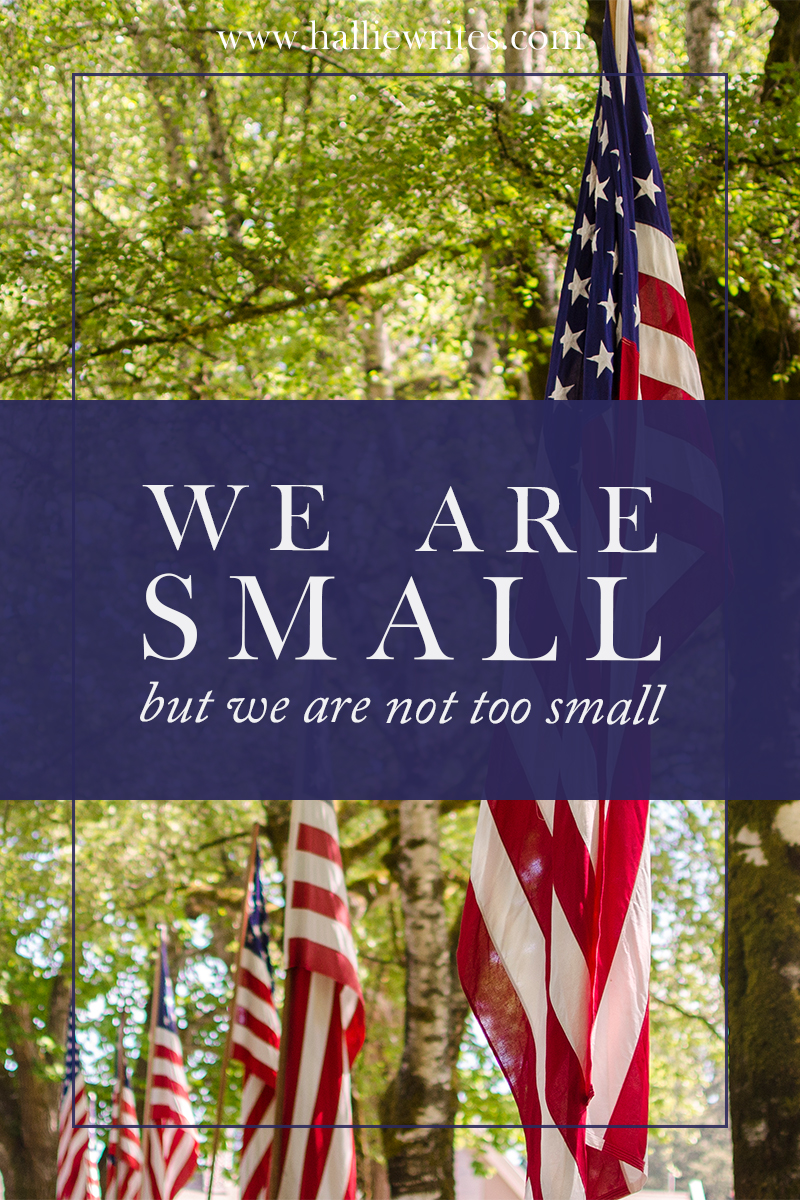do not be overcome
/Some days I am overcome by the sheer quantity of sin and evil in the world. It's as if Satan took a broad brush dipped in black paint and made a few heavy strokes across the surface of the earth, sucking away all the color and light and life from God's beautiful Creation and replacing it with death.
And it's not just a generalized darkness - maybe that's why it hurts so much. Some of it is so terribly personal. So terribly close. The oozing black paint seems to find its way into every crevice, even the most sacred spaces of our lives.
It makes me cry for the children - the innocent ones who enter into a world that immediately stains them and batters them and breaks them. Before they are even old enough to fight back, they've already been made slaves to sin and the ever-willing flesh. Some of them never escape.
And some of them - some of us - are set free, only to keep going back again and again to that addictive black bondage.
I find then the principle that evil is present in me, the one who wants to do good. For I joyfully concur with the law of God in the inner man, but I see a different law in the members of my body, waging war against the law of my mind and making me a prisoner of the law of sin which is in my members. Wretched man that I am! Who will set me free from the body of this death?
Romans 7:21-24
Wretched men and women that we are - stained from birth with the long-reaching after effects of Satan's paintbrush, wanting to walk in the freedom that comes from God and His Spirit, and yet still ravaged by the war of our two natures within us. We have been freed from guilt and judgment, but who will free us from the evil that still resides in our bodies of death? Who will scrub away all that wicked black ink?
Thanks be to God through Jesus Christ our Lord! So then, on the one hand I myself with my mind am serving the law of God, but on the other, with my flesh the law of sin. Therefore there is now no condemnation for those who are in Christ Jesus. For the law of the Spirit of life in Christ Jesus has set you free from the law of sin and of death. For what the Law could not do, weak as it was through the flesh, God did: sending His own Son in the likeness of sinful flesh and as an offering for sin, He condemned sin in the flesh, so that the requirement of the Law might be fulfilled in us, who do not walk according to the flesh but according to the Spirit.
Romans 7:25-8:4
A flicker of light
This might be one of the most incredible passages in the New Testament, and I think it's too easy to miss with the chapter break in the middle of it, so I like to read it straight through: "Wretched man that I am! Who will set me free from the body of this death? Thanks be to God through Jesus Christ our Lord! So then, on the one hand I myself with my mind am serving the law of God, but on the other, with my flesh the law of sin. Therefore there is now no condemnation for those who are in Christ Jesus."
What honesty, from a man we all probably consider a super-Christian. Paul the Apostle admits that evil still lives inside of him, and that his fleshly desires do not align with his spiritual ones; that he is wretched and helpless, but for the gift of God. The two opposing natures are still at war for as long as he awaits glory, but safe in the freedom of Christ's sacrifice, there is no condemnation.
We come into the world already stained by evil and we grow into adulthood already broken by it. The world is, indeed, black. And yet what is this we see in Paul? A flicker of light!
Later in Romans, there's a short little verse that caught my eye: "Do not be overcome by evil, but overcome evil with good" (Romans 12:21).
The blackness seems suffocating. It would be easy to be overcome. Even God could have chosen to let Satan snuff His Creation out - could have decided it was easier than mustering up His mighty attributes of love, grace, and mercy to save an evil humanity from the dark.
But He was not overcome by evil. He overcame the evil with good.
He sent Jesus - His Son - to die as the only sin offering powerful enough to set us free from condemnation and slowly-but-surely, over lifetimes and beyond, scrub all that black out of each one of our hearts.
And as He scrubs Paul, and Paul candidly testifies of God's ongoing work, that little flicker of light grows and multiplies.
walk as children of light
It would be easy to be overcome by the evil we all see around us (and in us) every day - especially the stuff that hits us close to home, or stabs like a poisoned knife straight into our hearts. But with a little more effort and a lot more sacrifice, we have the option to overcome evil instead - not with our own might or determination or fearlessness, but simply with good. Not a spineless "good" that says anything goes, but the fierce kind of good that makes up the merciful and unconditional love which both "exposes" the deeds of darkness (Ephesians 5:10) and "covers a multitude of sins" (1 Peter 4:8).
This kind of good is hard, even excruciating work. Sometimes it means that we join with God in the sanctification-scrubbing of the saints (John 13). Sometimes it means confrontation or confession to bring light into the dark places. Sometimes it means forgiving a betrayal that seems impossible.
Always, it will require participation in a Christ-oriented body and a refusal to follow the comfortable call of isolation and complacency. Paul didn't have to confess to the hidden evil inside himself, but if he hadn't, where would we find that flicker of light to cling to when we feel that the darkness might choke us to death, both from within and without?
One final thought: if you read the account of Creation in Genesis 1, you will find that there is only one thing that God did not have to create: the darkness. Darkness is default. But therein lies its weakness, for it is vulnerable to be driven away the very moment that God speaks and the Light is revealed.
For you were formerly darkness, but now you are Light in the Lord; walk as children of Light (for the fruit of the Light consists in all goodness and righteousness and truth), trying to learn what is pleasing to the Lord. Do not participate in the unfruitful deeds of darkness, but instead even expose them; for it is disgraceful even to speak of the things which are done by them in secret. But all things become visible when they are exposed by the light, for everything that becomes visible is light.
Ephesians 5:8-13


